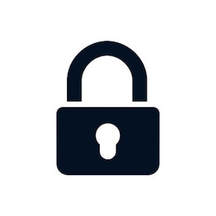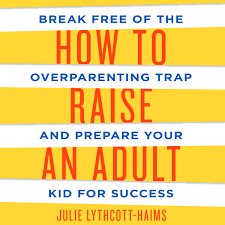 After hearing about all the major websites getting hacked every few months, I decided to be proactive about improving online security. Over time I began switching to a password manager, and I discovered that it had a feature to review the security of all your passwords for weak, blank, and reused ones. I tried running this and was daunted by how many issues it found and never got around to fixing it. Then I came up with a solution: just change one password per day. It usually takes less than 5 minutes. The only annoying part is when your login info doesn't even work and then you need to go through a reset process of some sort (and maybe where the account got migrated to some other website where you have to sign up fresh). Why do this at all, especially for sites you may no longer actively use? So many sites keep our personal info in their databases, even if we aren't actively using them. And to minimize the chance of that info being hacked, it's good to have as strong security as possible. So along with changing reused or weak/blank passwords, I also took the time for each site to turn on 2FA if it was available for that site. You could argue that I could just turn on 2FA and leave the password alone, but I figured two levels of protection are better than one. All in all, it took me about 3 months to get through the sites/passwords I cared about to make them all strong, turn on 2FA, etc. (and there were many days I skipped it if I was busy). Here are the detailed steps in case you want to take on a similar such "daily password change" habit for yourself:
0 Comments
 I just finished reading How to Raise an Adult: Break Free of the Overparenting Trap and Prepare Your Kid by Julie Lythcott-Haims, and it was amazing. It's like it was written personally for me. I suffer from so many of the neuroses and overparenting tendencies the author outlines in the book (as did she), and I feel like I'm now on the first step towards my recovery after reading it. Julie was my freshman dean at Stanford, and I'll always remember how she unified our class in our now-infamous "OHHHHH-SIX" (i.e., class of 2006) chant. It's interesting for me to see the journey that she's been in on since being dean at Stanford to where she is now as a parent and educator. This book reminded me a lot of The Gift of Failure by Jessica Lahey, which I had read previously and also really enjoyed. That one focused a lot on academics and chores and was also really eye-opening. The first half of the book talks about the problems and pitfalls of the overparenting tendency and the psychological harm to kids and parents. It sets a really persuasive stage on which the second half of the book responds with more practical solutions (down the words to use) to solve each part of the problem. I really liked the sample scripts in this book for responding to kids and to fellow parents in difficult situations. I also really liked the lists of skills/abilities/chores/tasks that are appropriate for each approximate age as well as how to speak with kids and "continually question" in different ways as kids get older. There were also very good references in the book, both of other thought-leaders to follow online as well as other books to read. It's clear the author really did her homework and worked to build on top of a lot that has been written before on similar topics. Now I'm really excited to see how I can put a lot of these ideas into practice and am trying to find and connect with other like-minded recovering "overparents." My full notes and takeaways on the book are below. |
Archives
June 2024
Categories
All
Subscribe |
 RSS Feed
RSS Feed
